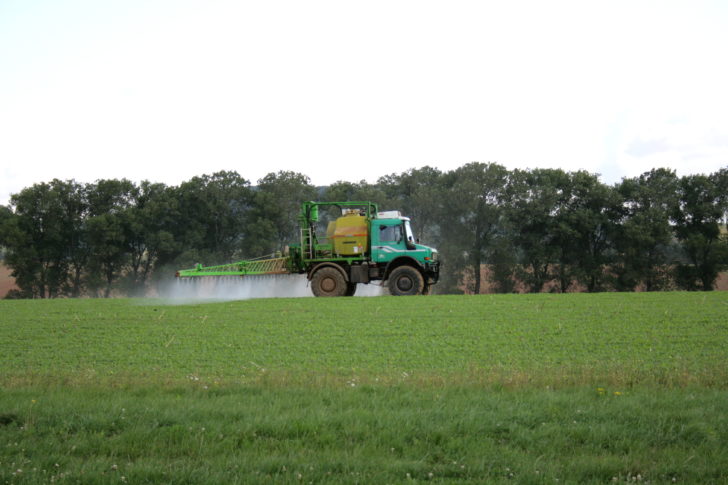Nanoparticles in plant protection and in fertilizers: study summarizes current knowledge

An international research group with considerable participation from Agroscope summarizes the current knowledge on efficacy of fertilizers and pesticides containing nanoparticles. The literature review further reveals which areas still have knowledge gaps.
Nanotechnology receives both a lot of interest and skepticism at the same time. Much research is conducted globally to better understand the effects of nano particles on humans and the environment. There are many possible uses for nanoparticles, for instance in electrical and energy engineering, in consumer products such as textiles, as well as in medicine, the food sector and agriculture. Scientists from Switzerland and other countries are investigating nanotechnology and are working out principles to assess its chances and risks. An example for such a project is the NFP 64 (Nationales Forschungsprogramm 64, www.nfp64.ch), a multi-year program which was realized with involvement of Agroscope.
International team of scientists evaluate current findings
The use of nanoparticles in fertilizer and pesticides is supposed to make the use of active substances more effective and increase yields. But what exactly is the difference between fertilizer and pesticides containing nanoparticles and their conventional analogs in terms of their efficacy? An international team of scientists with participation of Thomas Bucheli, Agroscope, conducted a meta-analysis for this exact question. On one hand, this literature review provides an overview of the current knowledge, on the other hand, it shows remaining knowledge gaps, methodological difficulties and suggests a basis for future enforcement and permission of nanoproducts.
The currently approved pesticides in Switzerland do not contain any nanomaterials, according to the Federal Office for Agriculture (FOAG). Possible applications for registration of such products underlie the principle of self declaration, meaning that companies have to provide a comprehensive database for evaluation of possible effects on humans, animals and the environment.
More scientific investigation is necessary
The literature review was published under the title "A critical evaluation of nanopesticides and nanofertilizers against their conventional analogues" in "Nature Nanotechnology", a renowned and worldwide highly-regarded scientific journal. The evaluation of compiled data from 78 studies conducted primarily in laboratories shows, that the efficacy of nanoformulations can indeed be higher than that of conventional products. This does not automatically reduce the environmental impact however. It is further not always clear, how the intended formulation characteristic correlates to particle size or surface area. This information is of high importance to understand mechanistically, how formulations of nano materials could be improved. Currently there are no scientifically sound studies which have investigated the efficacy of nanoformulations and their effect on the environment under field conditions. This is a crucial knowledge gap which prevents from making a valid general assessment. Further studies into this subject are therefore necessary.
The original review is publicly accessible and can be found via this link:
https://www.nature.com/articles/s41565-018-0131-1
Source: https://www.admin.ch/gov/de/start/dokumentation/medienmitteilungen.msg-id-70688.html